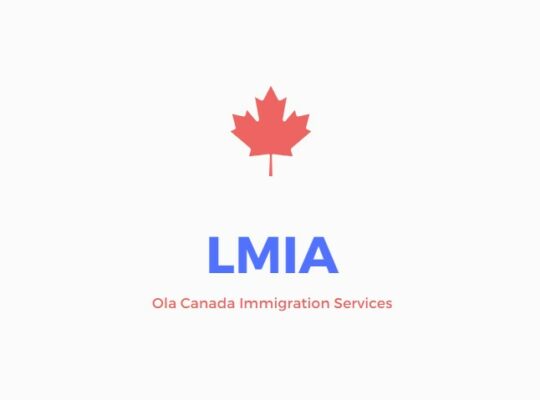Studying in Canada can be a transformative experience, offering top-tier education and diverse cultural exposure. If you’re considering pursuing your academic endeavors in the Great White North, understanding the intricacies of the Canadian study permit application process is crucial. Let’s delve into the details:
Application Before Entry:
According to Canadian immigration regulations, foreign nationals intending to study in Canada must apply for a study permit before entering the country. This applies to most international students seeking to enroll in programs lasting longer than six months.
Application on Entry:
Certain exceptions exist where a study permit application can be made upon entry into Canada. These exceptions include nationals or permanent residents of the United States, residents of Greenland and St. Pierre and Miquelon, or those lawfully admitted to the United States for permanent residence.
Application After Entry:
Foreign nationals may apply for a study permit after entering Canada under specific circumstances, such as holding a study permit, work permit, or temporary resident permit. Conditions and eligibility criteria apply, and adhering to the outlined requirements is crucial.
Renewal and Extension:
Students can apply to renew their study permits before expiration, provided they have complied with all conditions. An officer will assess the application to ensure continued eligibility and regulation compliance.
Conditions of Study Permit:
Study permit holders must enroll and actively pursue their studies at designated learning institutions in Canada.
Failure to comply with study permit conditions, such as engaging in unauthorized work or study, can lead to consequences, including ineligibility for future permits or entry into Canada.
In addition to understanding the application process, prospective international students must gather essential documents to support their study permit application. Here are the key materials you’ll need:
1. Letter of Acceptance:
A formal acceptance letter from a designated learning institution (DLI) in Canada is a fundamental requirement. This letter confirms your admission to a specific program of study and includes details such as the institution’s name, program name, duration of study, and start date.
2. Study Plan:
A well-articulated study plan outlines your academic objectives, intended course of study, and career goals. It should demonstrate your genuine interest in pursuing education in Canada and how it aligns with your long-term aspirations.
3. Proof of Funds:
Canadian immigration authorities require evidence of sufficient funds to cover tuition fees, living expenses, and other associated costs. This can include bank statements, scholarship letters, or financial sponsorship documents demonstrating your ability to support yourself during your studies.
4. Passport and Travel Documents:
A valid passport and any other travel documents are necessary for international travel and entry into Canada. Ensure your passport is valid for the duration of your intended stay in Canada.
5. Passport-Sized Photos:
Recent passport-sized photographs meeting specific size and quality requirements are typically required for your study permit application and other immigration documents.
6. Medical Examination (if applicable):
Depending on your country of origin or specific circumstances, you may be required to undergo a medical examination by an approved physician to ensure you meet health and safety standards for entry into Canada.
7. Language Proficiency Test Results:
If your program of study is not conducted in English or French, you may need to provide proof of language proficiency through recognized language tests such as IELTS or TOEFL.
8. Additional Supporting Documents:
Depending on your individual circumstances and the requirements outlined by Canadian immigration authorities, you may need to provide additional documents such as a police clearance certificate, educational transcripts, or a resume/CV.
Navigating the study permit application process requires attention to detail and adherence to regulations. By understanding the requirements and following the prescribed procedures, you can embark on your academic journey in Canada with confidence and legal compliance. If you need help for a study permit application or study permit related application, please contact us.






